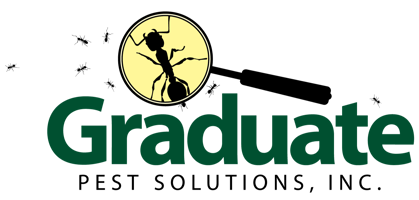How do different bugs handle the heat?
Now that New England has been hit with a few heat waves this summer, most of us are no stranger to an uncomfortable, 90+ degree day. But while we’re lucky to get some relief with air conditioning, fans, or a dip in the pool, it begs the question: what about insects? We have a good idea of how rodents try to stay cool, but are bugs also affected by the heat? Here’s some important information about insects and heat waves for homeowners in the Hampden, East Longmeadow, and surrounding areas.
Insects and Heat Waves: Where do they Go?
Because insects are cold-blooded, they handle the heat much better than the cold. Many insects, such as mosquitoes, thrive in extremely warm temperatures. A particularly warm spring and summer can lead to increases in mosquito population.
Despite being more comfortable in the heat, that doesn’t mean all insects want to roast in the sun while temperatures in New England climb to nearly 100 degrees. How can they cool off?
Move Indoors
During the heat waves this year, did you notice more bugs inside your home? Many insects, such as ants, ground beetles, millipedes, springtails and spiders will seek shelter from environmental extremes. If your home is accessible to them, there’s a good chance they will try to come inside.
Hide in the Shade
If an air-conditioned shelter isn’t available, the shade underneath a plant may be the next best thing. The damp dirt underneath your outdoor shrubbery or garden might be a popular place for insects during heat waves.
Migration
Migration is a sophisticated way that many insects survive the summer. For example, monarch butterflies will migrate north from Mexico every spring until they reach a region with more comfortable temperatures.
Heat Shock Proteins
Insects are equipped with heat shock proteins, which help maintain bodily function when external stressors get extreme. During heat waves, they may increase the production of heat shock proteins in order to survive the high temperatures.
Summer is the busy season for pests, so if you need help with an infestation, call us at 413-566-8222 or contact us. We have the knowledge and service necessary to help keep your home and workplace pest-free!

YOU MAY ALSO LIKE
These related articles


